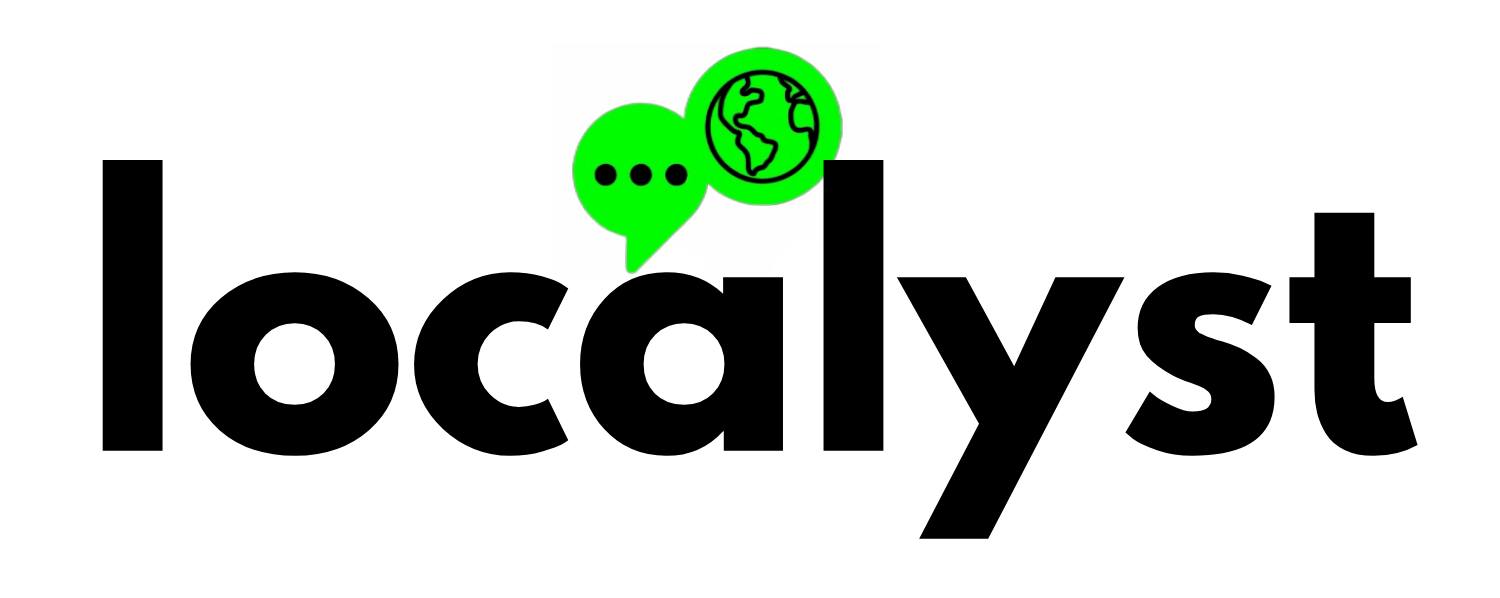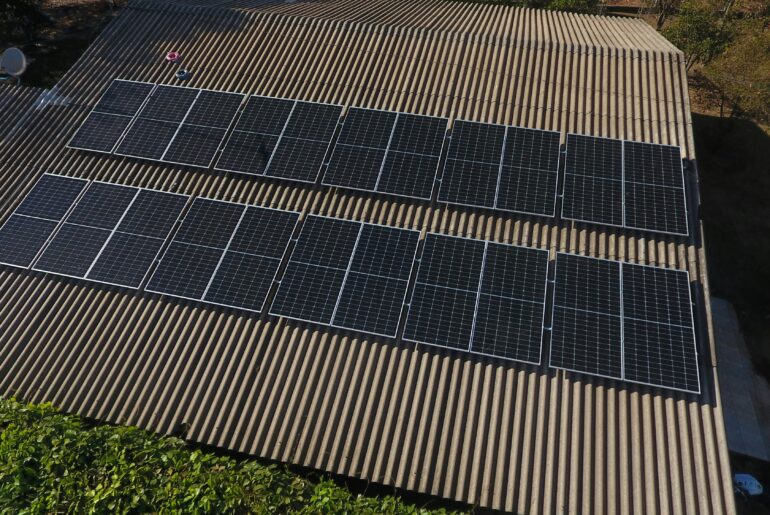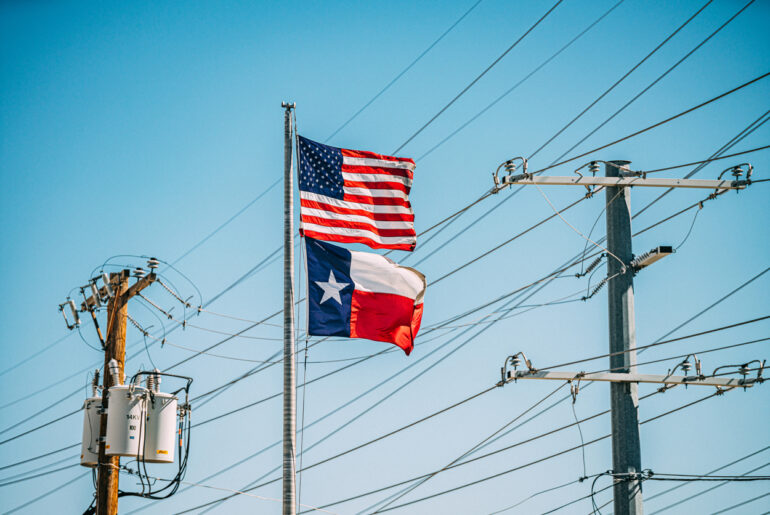Despite booming growth in residential solar installations, Jason Carney, an African American solar installer from Nashville, Tennessee often found himself the only person of color (POC) in professional solar settings and the only POC to have solar installed on his home. With a background in Engineering and Civic Leadership, Jason was determined to help the solar industry become more inclusive and work to introduce the economic and environmental benefits of solar energy to communities of color.
His experience and learning align with national trends showing racial disparities in solar adoption, with white-majority areas having more installations compared to black and Hispanic-majority areas, regardless of income or homeownership levels. In a 2015 report by the nonprofit Solar Foundation, it was found that no solar industry workers in Tennessee identified as black or African American.
“Going into [a] boardroom, I’m the only person of color. We go to these conferences, and I’m the only person of color. We go to the U.S. Green Building Council — the local chapter — and of 200 people, it might be me and maybe one other person of color,” Carney said to NPR. “It was very intimidating.”
Carney began to advocate for community involvement and better representation in the solar industry, pushing for a more inclusive energy future. In Nashville, Carney is the only black homeowner he knows with solar panels. This concerns him, especially since many in the black community, including his grandmother, spend a significant portion of their income on energy costs for heating and cooling their homes and could most benefit from a reduced energy burden.
“There is no conversation about what we can do. The conversation is always about how high my bill is. People almost get into a competition. It’s like a sad competition” about who has the highest bill, Carney said to NPR.
However, as much as Carney promotes the benefits of solar in communities of color, he knows it’s going to be a hard sell. Tennessee belongs to a group of Southern states that have not mandated renewable energy support like other parts of the U.S. Moreover, the Tennessee Valley Authority, which used to provide substantial financial incentives for rooftop solar installation, has discontinued these benefits.
Carney remains hopeful despite challenges– one positive sign is that Nashville’s Metro Council recently passed a series of legislative measures known as the city’s Green New Deal. This ambitious plan aims for a 100% renewable energy target for metropolitan government operations, mandates zero-emission government vehicles by 2050, and establishes new green building standards for government infrastructure.
To learn more about Jason Carney and his continuing efforts to bring renewable energy to communities of color in Tennessee, click here!




